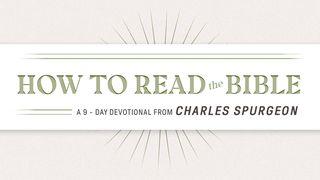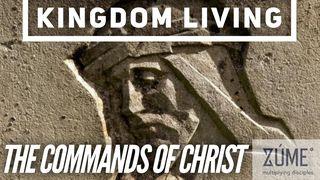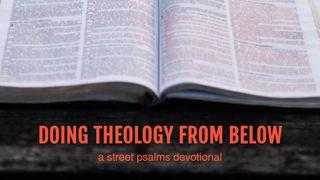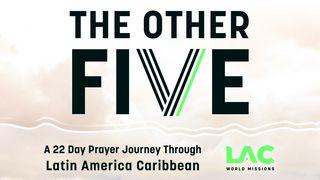An 11-Day Study On Challenges To Biblical AuthoritySample

WHY WERE SOME GOSPELS BANNED FROM THE BIBLE?
WHY WERE CERTAIN BOOKS ULTIMATELY REJECTED FROM THE CANON?
The twenty-seven books we have were included in the New Testament Canon because they fit with the authoritative, apostolic teaching that can be traced back to Jesus himself. “Recognized books” formed the canonical core and were firmly established by the mid–second century; “disputed books,” while also orthodox, did not gain immediate acceptance by all. Meanwhile, “rejected books” were rejected from the canon, although they were orthodox and regarded as useful—much as C. S. Lewis might be quoted in a church today, but not as Scripture. Finally, “heretical books” were forgeries, both nonorthodox and not to be read.
Reading the Lost Gospels for Yourself
The first time I heard about these “lost gospels,” it honestly made me nervous . . . until I read them. The juiciest of the apocryphal writings is probably the Infancy Gospel of Thomas. Here are some things I discovered about Jesus’ childhood: he called a child an “unrighteous, irreverent idiot” (3:1–3). Another child bumped into Jesus, which aggravated Him so much that Jesus struck him dead (4:1–2). Evidently, those who provoked childhood Jesus fell dead a lot (14:3). No, I’m not making this up.
Then there are the Gnostic writings. The most popular example of Gnostic writings is the Gospel of Thomas. It certainly wins the most scandalous passage award: “Simon Peter said to them, ‘Let Mary leave us, for women are not worthy of life.’ Jesus said, ‘I myself shall lead her in order to make her male, so that she too may become a living spirit resembling you males. For every woman who will make herself male will enter the kingdom of heaven’” (Saying 114). Both of these documents were written long after the time of Jesus and his earliest followers.
The bottom line is that these gospels were not lost to the early church; early Christians knew about them and rejected them for good reasons (cf. Irenaeus in AD 180). While historically interesting, these so-called “lost gospels” offer us nothing significant about the historical Jesus. The canonical writings in the New Testament are still the earliest and most reliable witnesses to the words and works of Jesus.
History Written by the Winners?
In response to the belief that history is written by the winners, I think the evidence we have set forth in this and the previous chapter show that sometimes the winners deserved to win.
Therefore, it is perfectly reasonable for the twenty-first century Christ-follower to have confidence that the chain of testimony from the first century until now remains strong. As the apostle John wrote:
That which was from the beginning, which we have heard, which we have seen with our eyes, which we looked upon and have touched with our hands, concerning the word of life—the life was made manifest, and we have seen it, and testify to it and proclaim to you the eternal life, which was with the Father and was made manifest to us—that which we have seen and heard we proclaim also to you, so that you too may have fellowship with us; and indeed our fellowship is with the Father and with His Son Jesus Christ. And we are writing these things so that our joy may be complete. This is the message we have heard from him and proclaim to you. (1 John 1:1–5)
Scripture
About this Plan

We want to know God and meet Him in His Word. But why is Scripture so confusing at times? In this 11-day Bible reading plan, you'll walk through some of the most challenging aspects in Scripture, find a new confidence in the Bible and a deeper trust in God.
More
Related plans

Charles Spurgeon on How to Read the Bible

Kingdom Living - The Commands of Christ

Unlimited Service

21 Day Prayer Challenge

Doing Theology From Below

The Other Five Prayer Journey

Read the Book: July - September

Protocols, Postures and Power of Thanksgiving

You Say You Believe, but Do You Obey?
